Parmenides: The philosopher of being and the foundation of metaphysics
Parmenides of Elea (circa 515–450 BCE) is one of the most significant figures in the history of philosophy. As the founder of the Eleatic school, he introduced a radical and systematic approach to metaphysics that profoundly influenced subsequent thinkers, from his immediate successors in ancient Greece to the modern tradition of ontological inquiry. His surviving work, a philosophical poem entitled On Nature, offers a vision of reality that emphasizes the primacy of being (to on), the unity and permanence of existence, and the limitations of sense perception in attaining truth.

Bust of Parmenides discovered in Velia. Source: Wikimedia Commonsꜛ (license: CC BY-SA 3.0)
The poem On Nature: Structure and themes
Parmenides’ philosophical views are preserved in the fragments of his didactic poem On Nature, which is divided into two parts: the Way of Truth (aletheia) and the Way of Opinion (doxa). The poem begins with a prologue in which the narrator describes a journey to the realm of the goddess, who imparts knowledge of the true nature of reality. This allegorical introduction establishes the poem’s central themes of enlightenment and the contrast between knowledge and ignorance.
The Way of Truth presents Parmenides’ core metaphysical doctrine: that being is, and non-being is not. This seemingly simple assertion carries profound implications for the nature of existence, change, and perception. In the Way of Opinion, Parmenides critiques the conventional understanding of the world, which is based on sensory experience and subject to error.
The unity and permanence of being
Parmenides’ central claim is that being (to on) is one, eternal, unchanging, and indivisible. He argues that being must exist because non-being is inconceivable; to speak or think of “what is not” is to assert its existence, which is self-contradictory. Consequently, being cannot arise from non-being or pass into non-being, as this would imply the existence of something that does not exist.
From this premise, Parmenides deduces several characteristics of being:
- Eternality: Being has no beginning or end, as these would imply a transition from or to non-being.
- Immutability: Being is unchanging, as change involves the emergence or disappearance of qualities, which presupposes non-being.
- Unity: Being is one and indivisible, as division implies the presence of non-being between parts.
- Homogeneity: Being is the same throughout, without differentiation, as difference implies the coexistence of being and non-being.
These conclusions challenge the fundamental assumptions of earlier natural philosophers, such as the Milesians, who posited that the cosmos originated from a primordial substance. Parmenides rejects the possibility of generation and destruction, insisting that true reality is static and unchanging.
Appearance and reality: The Way of Opinion
In the Way of Opinion, Parmenides addresses the world of sensory perception, which he regards as illusory and deceptive. According to Parmenides, the senses present a fragmented and dynamic view of reality, characterized by opposites such as light and dark, hot and cold, or life and death. This world of becoming and change, he argues, is a distortion of the true nature of being, which is unified and eternal.
Parmenides’ critique of the senses anticipates later philosophical debates about the reliability of perception and the nature of knowledge. His distinction between the aletheia of being and the doxa of appearance underscores the importance of reason (logos) in attaining truth. For Parmenides, only rational inquiry, grounded in the logical necessity of being, can lead to genuine understanding.
Logical and epistemological contributions
Parmenides’ arguments in the Way of Truth exemplify a rigorous and systematic approach to philosophy that emphasizes logical consistency and the principle of non-contradiction. By asserting that “what is” must be and “what is not” cannot be, he establishes a framework for reasoning about existence that has shaped the development of metaphysics and epistemology.
His emphasis on the limitations of perception and the role of reason in uncovering truth also represents a significant advance in the theory of knowledge. Parmenides’ approach challenges the empirical methods of earlier philosophers, advocating instead for a deductive methodology based on self-evident principles. This emphasis on rationalism influenced the epistemological frameworks of later thinkers, including Plato and Descartes.
Responses and influence
Parmenides’ philosophy posed significant challenges to his contemporaries and successors, prompting them to address the apparent conflict between his metaphysical conclusions and the observable world. Among the most notable responses are those of his fellow Eleatic philosopher Zeno, who defended Parmenides’ ideas through paradoxes designed to demonstrate the impossibility of change and motion, and Melissus, who expanded Parmenides’ arguments in a more systematic form.
Other pre-Socratic philosophers, such as Empedocles, Anaxagoras, and Democritus, sought to reconcile Parmenides’ insights with the evidence of change and plurality in the natural world. For example, Empedocles introduced the idea of eternal elements combined and separated by opposing forces, while Democritus developed the theory of atomism, positing indivisible particles moving through the void.
Parmenides’ influence extended beyond the pre-Socratics to the classical philosophy of Plato and Aristotle. Plato’s theory of forms reflects Parmenides’ distinction between the unchanging reality of being and the mutable world of becoming, while Aristotle’s metaphysics addresses the relationship between substance, change, and potentiality in response to Parmenides’ arguments.
Modern relevance
Parmenides’ philosophy continues to resonate in contemporary metaphysics and ontology, particularly in discussions of existence, identity, and the nature of reality. His emphasis on logical necessity and the distinction between appearance and reality provides a foundation for exploring fundamental questions about the structure of the universe and the limits of human understanding.
Parmenides also serves as a touchstone for debates about the nature of time and change, with some interpretations of his work aligning with the “block universe” theory in modern physics, which posits that past, present, and future coexist in a timeless reality. His critique of sensory perception and advocacy for rational inquiry remain central to epistemological discussions about the sources and limits of knowledge.
Conclusion
Parmenides of Elea represents a watershed moment in the history of philosophy, shifting the focus of inquiry from the observable world to the abstract and eternal realm of being. His arguments about the unity, permanence, and indivisibility of existence challenge the assumptions of earlier natural philosophy and lay the groundwork for the metaphysical and epistemological systems of later thinkers. By emphasizing the primacy of reason and the limitations of perception, Parmenides establishes a framework for understanding reality that continues to influence philosophical thought to this day.
References and further reading
- Hellmut Flashar, Klaus Döring, Michael Erler, Die Philosophie der Antike. Bd. 1. Frühgriechische Philosophie, 2013, Schwabe, Aus der Reihe: Grundriss der Geschichte der Philosophie, ISBN: 9783796525988
- Burnet, J., Early Greek Philosophy, 2005, Adamant Media Corporation, ISBN: 978-1402197536
- Kirk, G. S., Raven, J. E., & Schofield, M., The Presocratic Philosophers: A Critical History with a Selection of Texts, 1983, Cambridge University Press, ISBN: 978-0521274555
- Barnes, J., The Presocratic Philosophers, 1982, Routledge, ISBN: 978-0415050791
- Guthrie, W. K. C., A History of Greek Philosophy, Volume 1: The Earlier Presocratics and the Pythagoreans, 2010, Cambridge University Press, ISBN: 978-0521294201
- Gallop, D., Parmenides of Elea: Fragments, 1991, University of Toronto Press, ISBN: 978-0802069085
- Palmer, J. A., Parmenides and Presocratic Philosophy, 2013, Oxford University Press, ISBN: 978-0199664696
- Curd, P., The Legacy of Parmenides: Eleatic Monism and Later Presocratic Thought, 2004, PARMENIDES PUB, ISBN: 978-1930972155
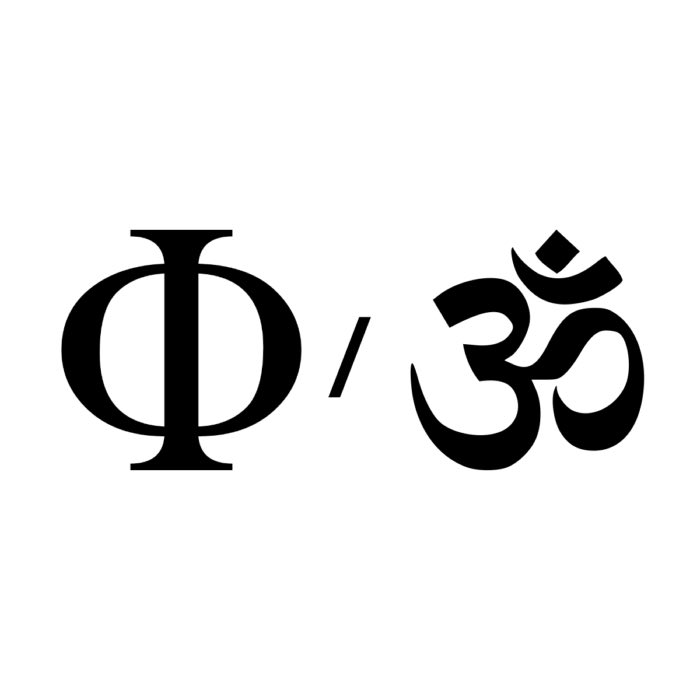

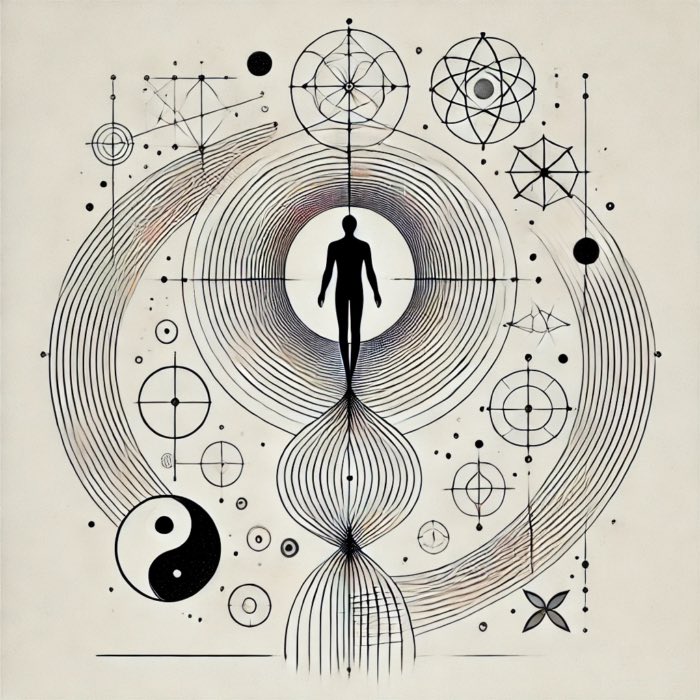
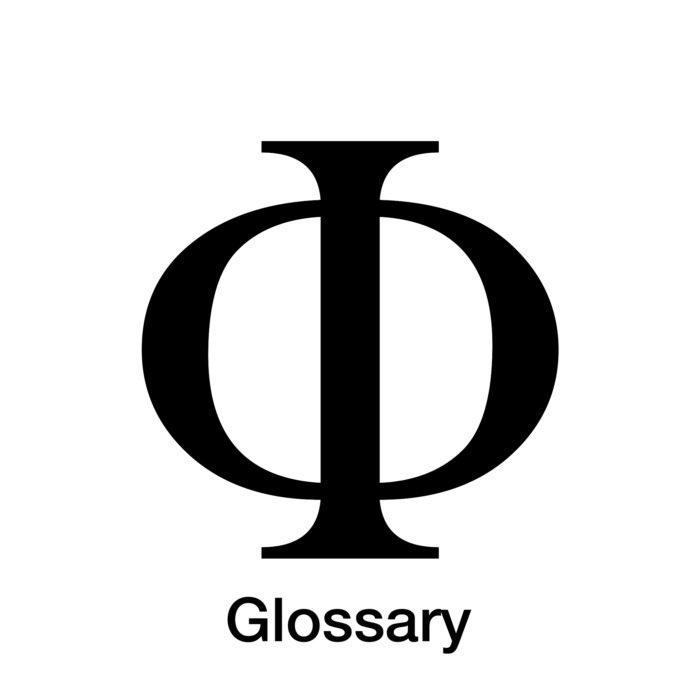
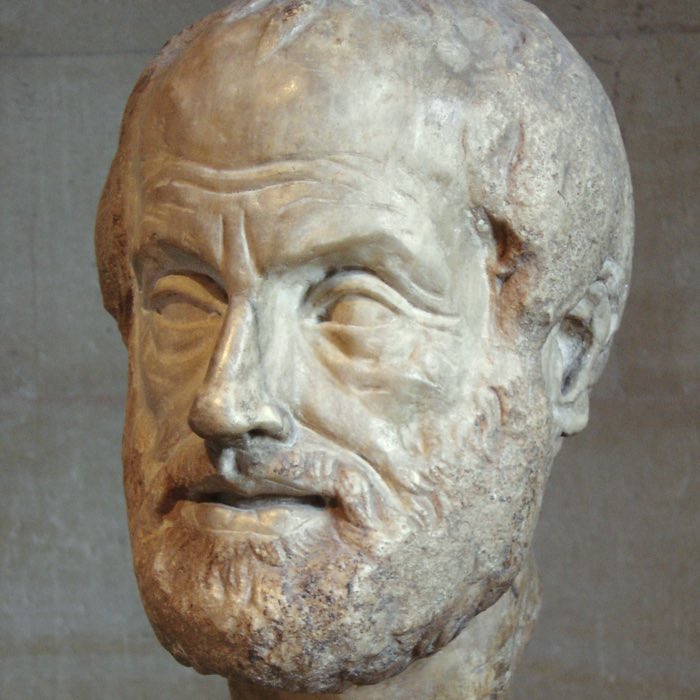
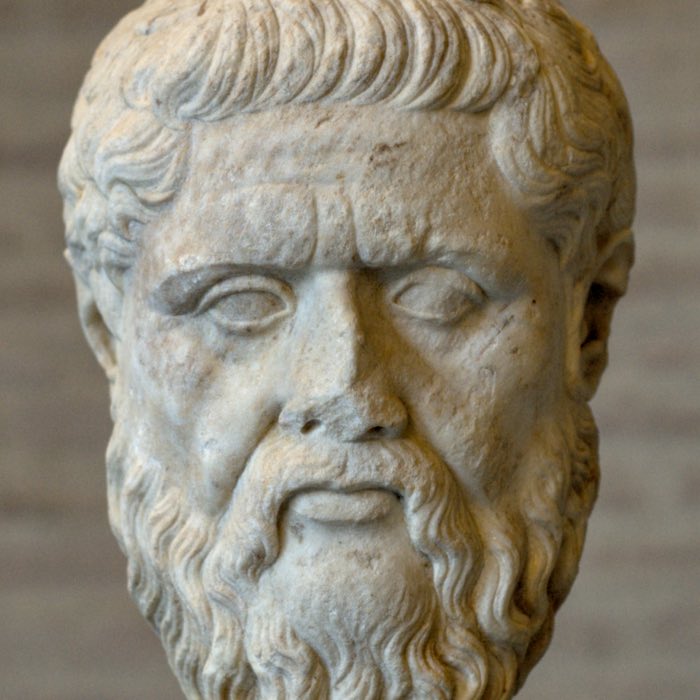
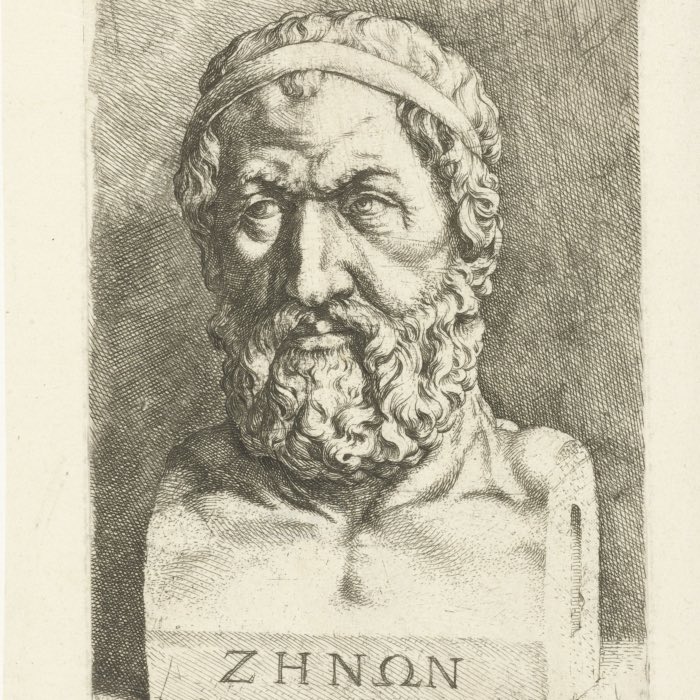
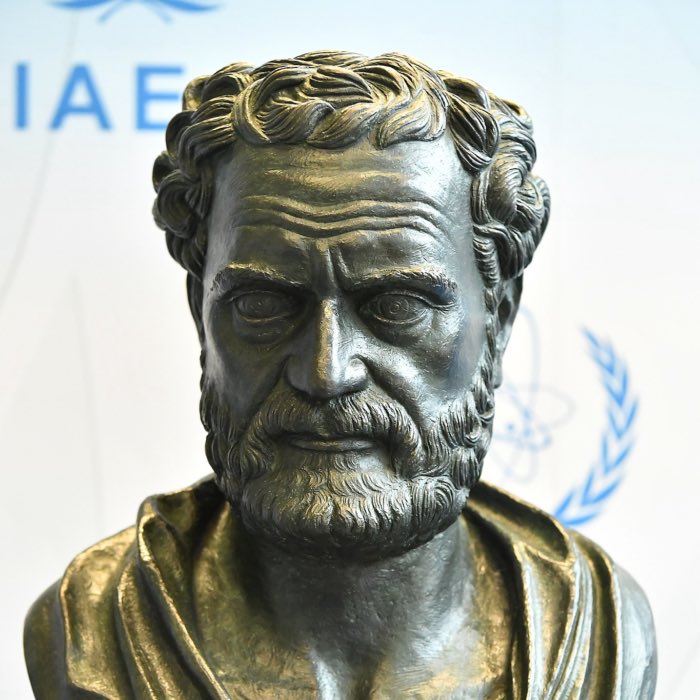
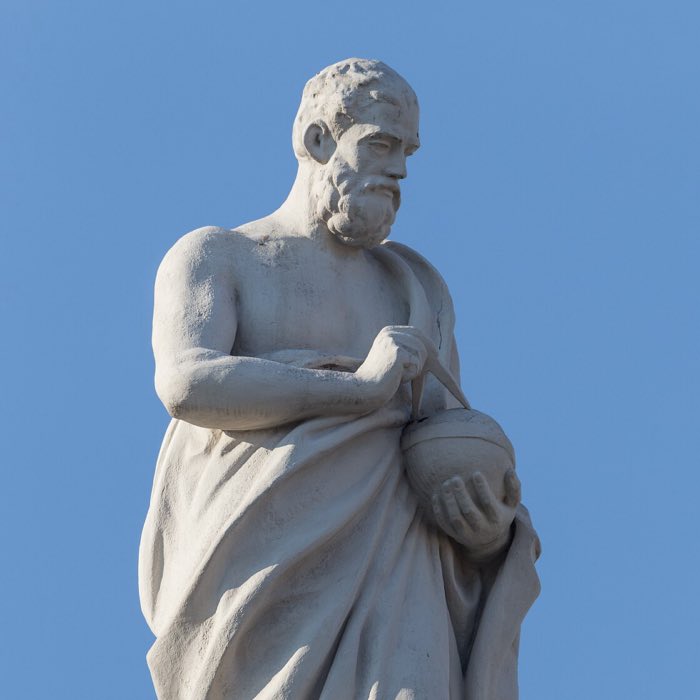
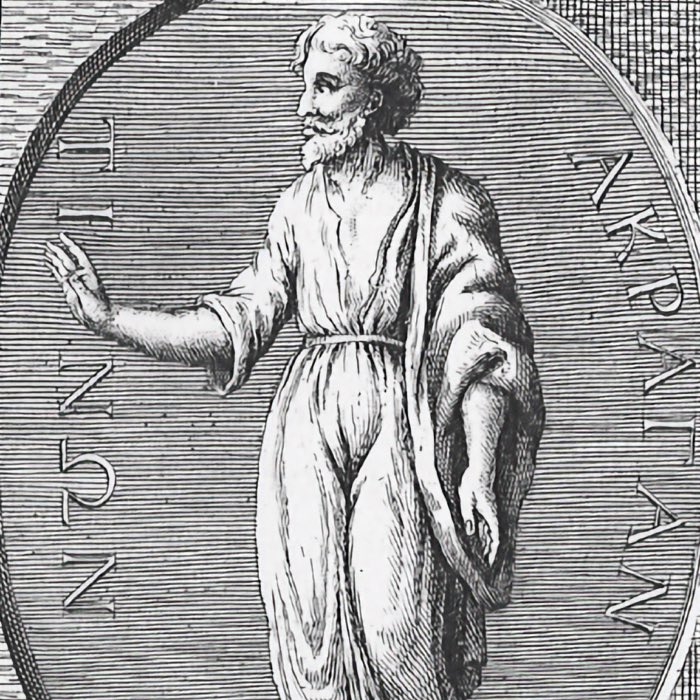
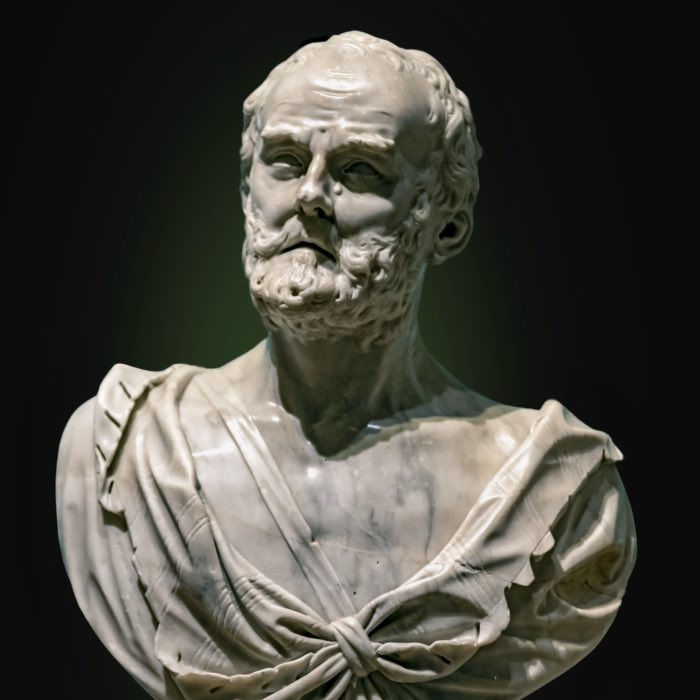
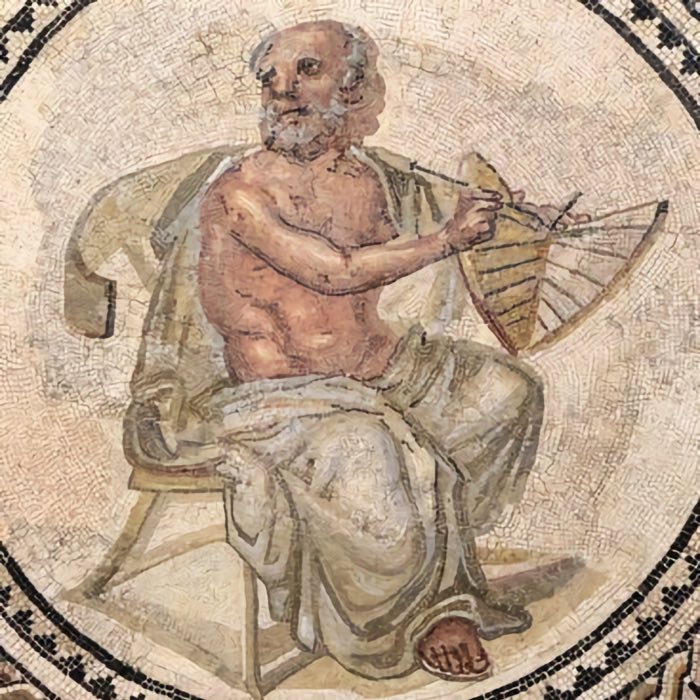
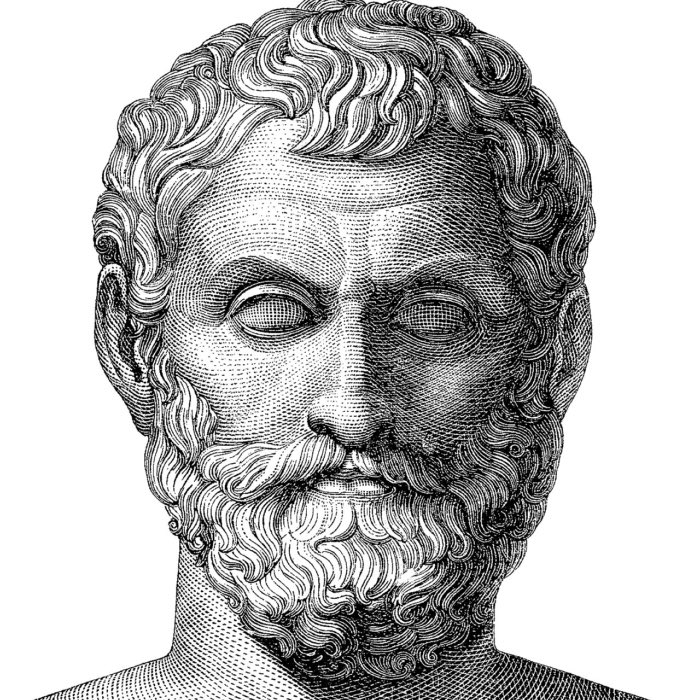
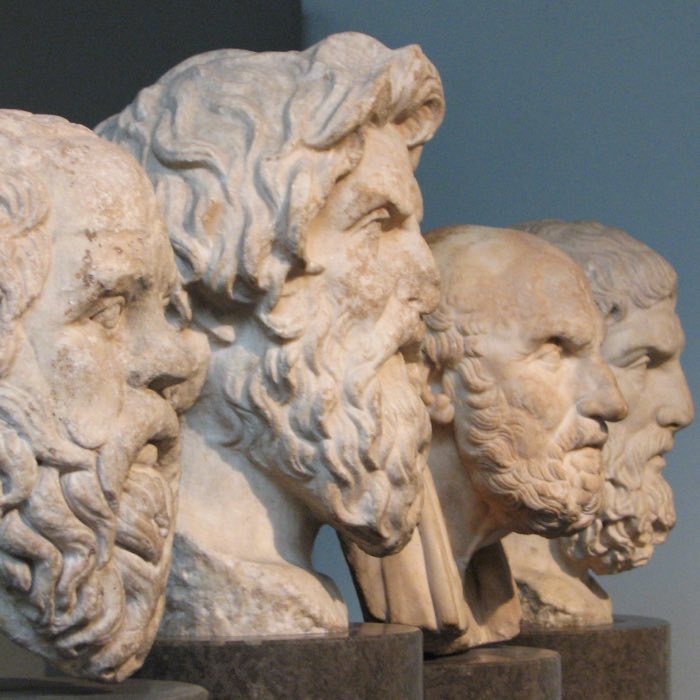
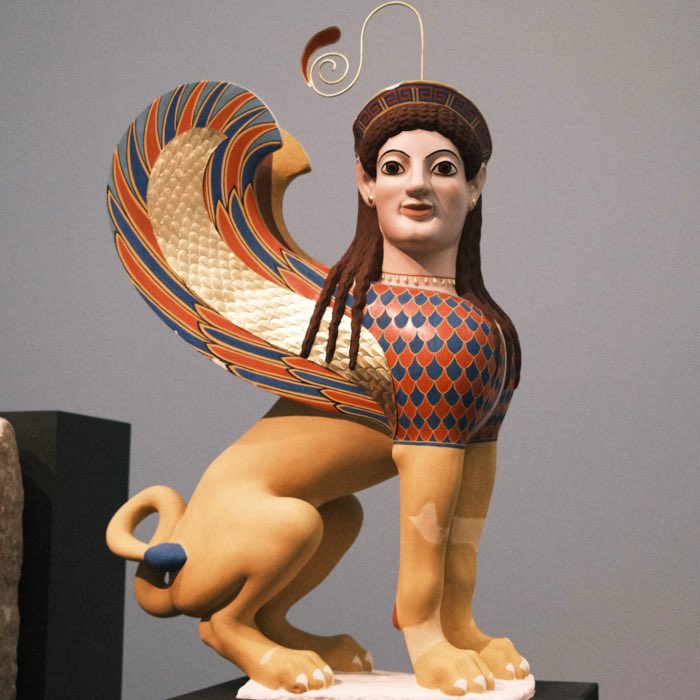

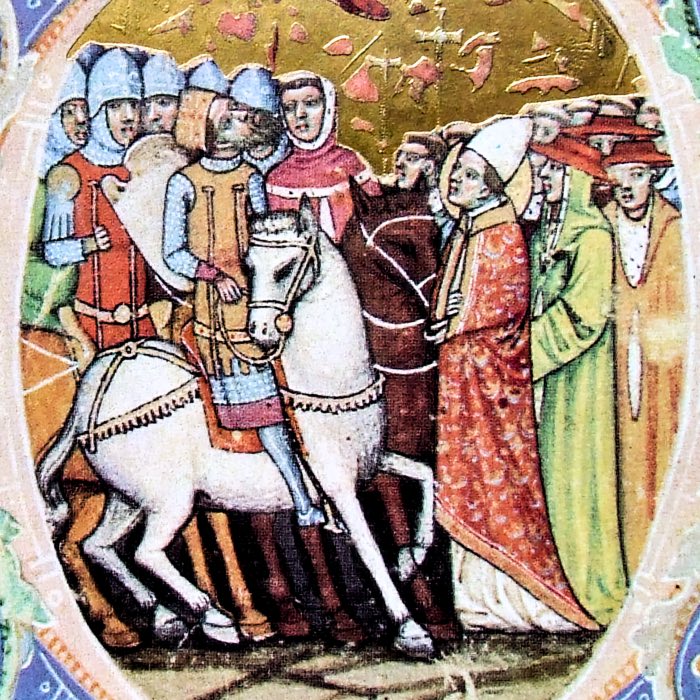
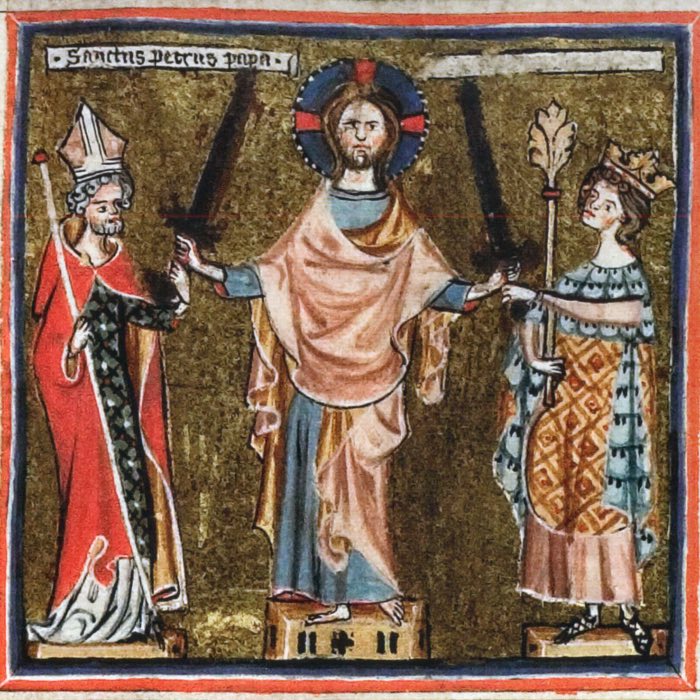
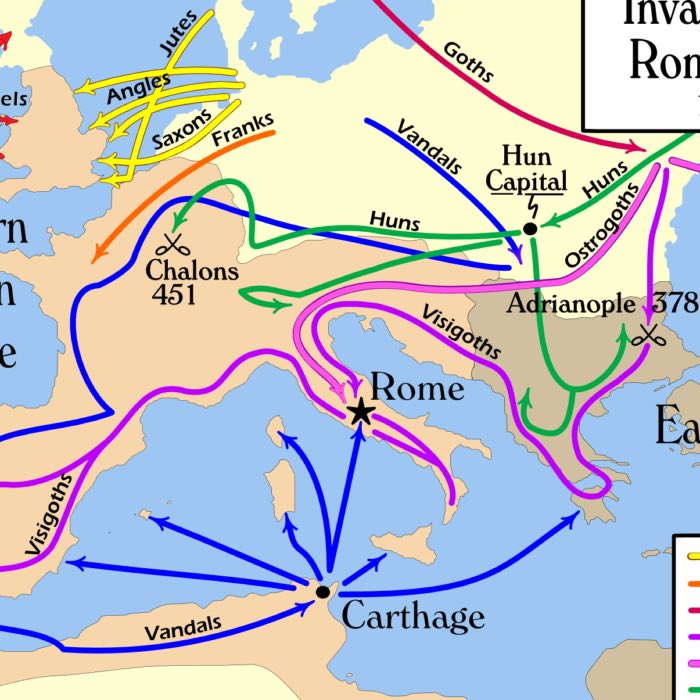
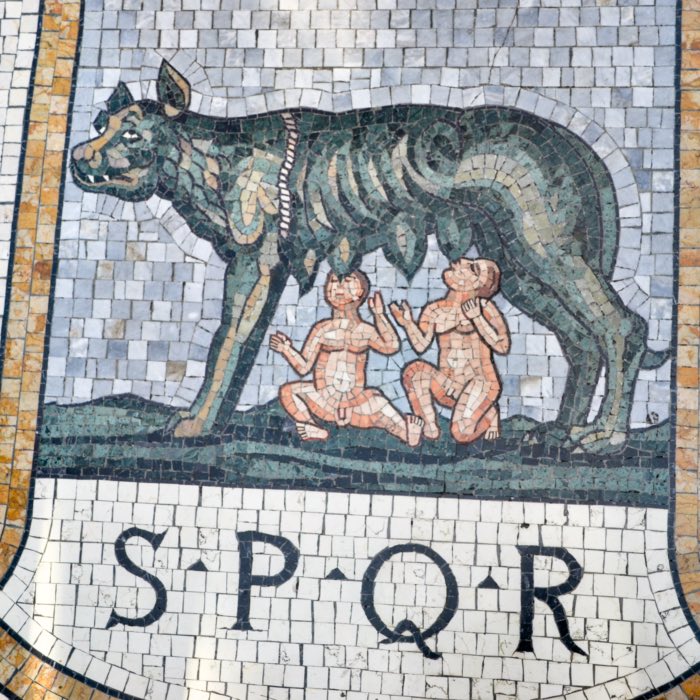

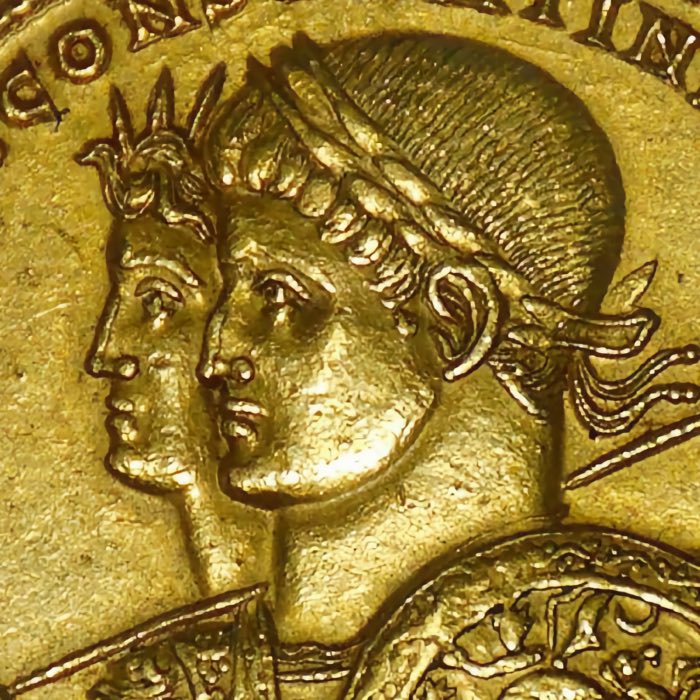
comments